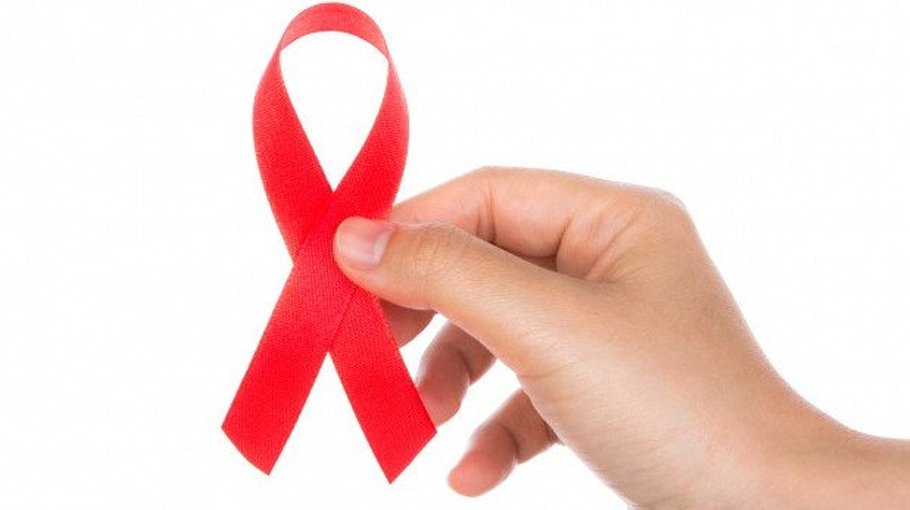Firewall HIV response from threats of TB, hepatitis, NCDs

Global experts have suggested taking safeguard against threats that can wither away gains made in fighting AIDS.
TB, despite being preventable and curable, continues to be the biggest cause of deaths of persons with HIV. With the best of TB preventive therapy, diagnostics and treatments, no one should be dying of TB.
Likewise, weight gain and other risk factors (like tobacco or alcohol use, unhealthy diet, lack of physical activity) may put people with HIV at risk of non-communicable diseases such as, heart diseases, stroke, cancers, diabetes, and chronic respiratory diseases, among others. Similarly, hepatitis B and hepatitis C both are many times more infectious than HIV.
These issues were in the spotlight at a session held at 24th International AIDS Conference (AIDS 2022) co-hosted by Asia Pacific Cities Alliance for Health and Development (APCAT), Asia Pacific Media Alliance for Health and Development (APCAT Media) and CNS. Dr Tara Singh Bam, Asia Pacific Director of International Union Against Tuberculosis and Lung Disease (The Union), Dr Ishwar Gilada, President of AIDS Society of India (ASI) and member of the Governing Council of International AIDS Society, and Dr Paula I Fujiwara, Chair of Stop TB Partnership Global Plan to End TB Task Force 2023-2030, were the panelist of the session moderated by Rita Widiadana, senior journalist and former Editor of The Jakarta Post. Nurul Islam Hasib, Special Correspondent of Bangladesh Post newspaper and General Secretary of Dhaka Reporters’ Unity, made the concluding remarks.
Dr Tara Singh Bam said: “In global public health, on any issue, we may have science, technical capacity, plan, financial commitment, and a lot more, but what is often not there sufficiently are- local actions. Local actions are needed through local governance. Local governance for HIV prevention is needed through local legislation at city/state level. It builds accountability of the Mayor, Governor and local leaders. Mayors are in the best position to identify local solutions to address local problems. Local leadership is essential to make effective analysis of local problems, use of local resources, community participation, and public engagement. Thus, we need to work together to bring solutions that are relevant in the local context under the leadership of the Mayor, to make mayors accountable and ensure sustainability of the programme.”
Dr Ishwar Gilada said: “World Health Organization had endorsed dolutegravir as part of first-line antiretroviral therapy in 2018. It is a preferred antiretroviral medicine, for a range of reasons: it suppresses viral load very quickly, is well tolerated, shows fewer side effects and fewer drug-drug interactions, has a higher genetic barrier to developing drug resistance (as compared to efavirenz which it has replaced), and is required in small doses (making it easier for it to be combined into a user-friendly three-in-one antiretroviral pill). But several studies point out that dolutegravir-based antiretroviral regimens result in substantially higher weight gain as compared to other regimens. This can lead to increased risk of metabolic diseases such as NCDs in people living with HIV”.
Dr Paula I Fujiwara said funding TB prevention, control and care is smart investment and that for every US$ 1 spent on TB prevention, control and care, has a significant return on investment: US$ 40 by 2050 (and even higher return on investment in low and lower-middle income countries: US$ 59 by 2050).
The Global Plan to End TB 2023-2050 is also projecting a financial resource need of almost US$ 250 billion in next 8 years.
“Lot of this investment will go into accelerating TB vaccine research and development. We are hoping to have at least one TB vaccine for widespread use by 2026,” she said.
One of the historic moments in the fight against TB was the United Nations High Level Meeting to end TB in 2018. One of the commitments made there was to have a Global Plan to be presented in the second United Nations High Level Meeting in 2023.
She pointed out that incidentally, G20 meetings happening from this year to next few years are in TB high burden nations: 2022 in Indonesia, 2023 in India and 2024 in Brazil. “We all must make efforts to leverage this opportunity to mobilize G20 nations and other countries worldwide to fully support the implementation of the Global Plan.”
Nurul Islam Hasib highlighted the need for cooperation and solidarity to fight off the diseases. He gave an example of monkeypox and said the disease has been there in Africa since the 1970s and caused thousands of deaths. “It was neglected and the world ignored it. Finally it has turned up in rich nations too. We need global cooperation and solidarity for diseases and act upon it with equal sense of urgency and purpose.”
It is commendable that smallpox vaccination is being offered to AIDS 2022 delegates or any other person who opts for it in Canada but Africa, where people have suffered avoidable human suffering due to monkeypox, is yet to get it. Stamping out inequity remains a vital cog-in-the-wheel to maximise public health and social justice impacts of development programmes implemented on the ground.


